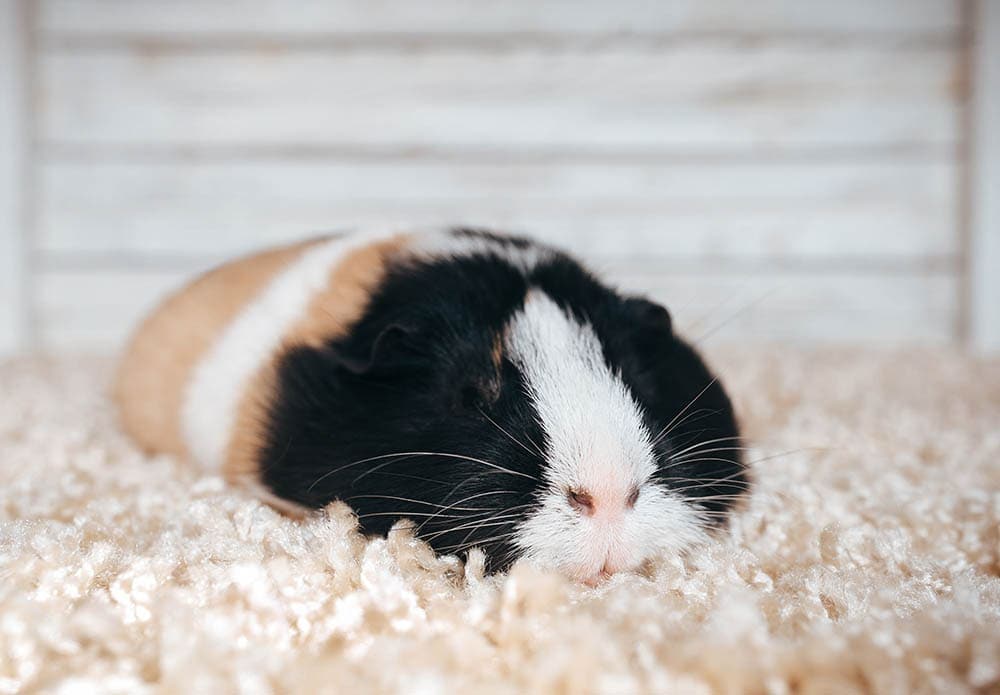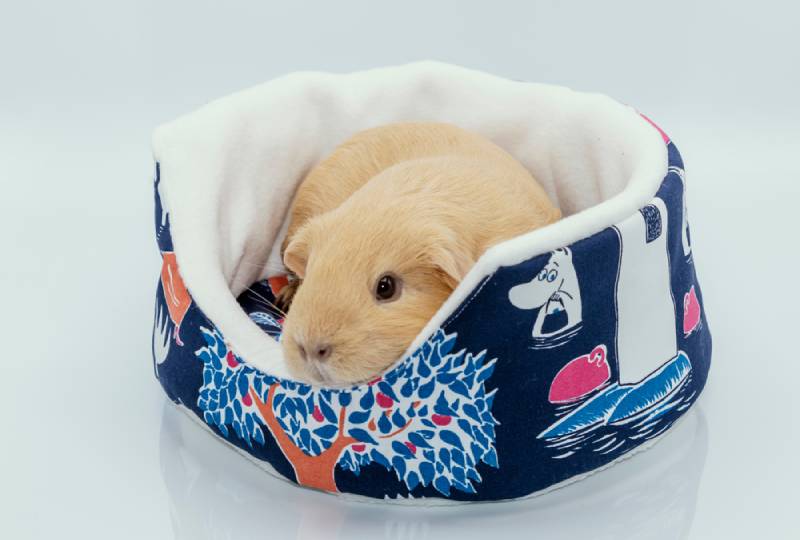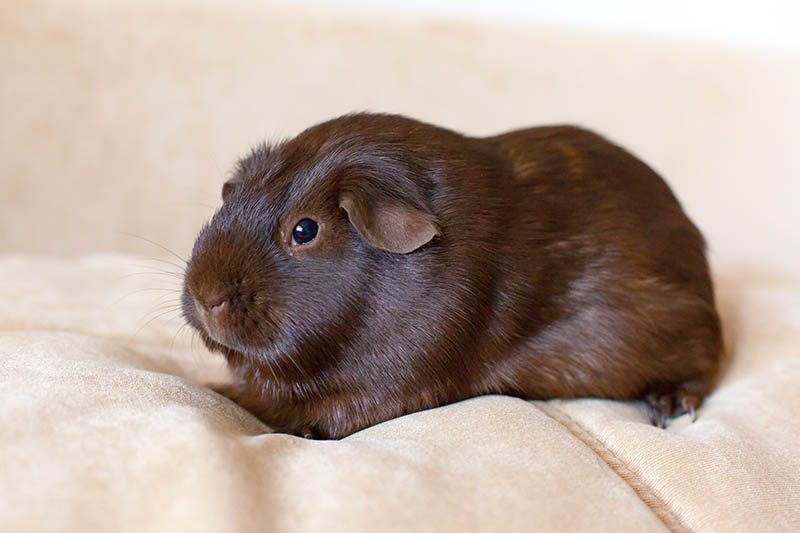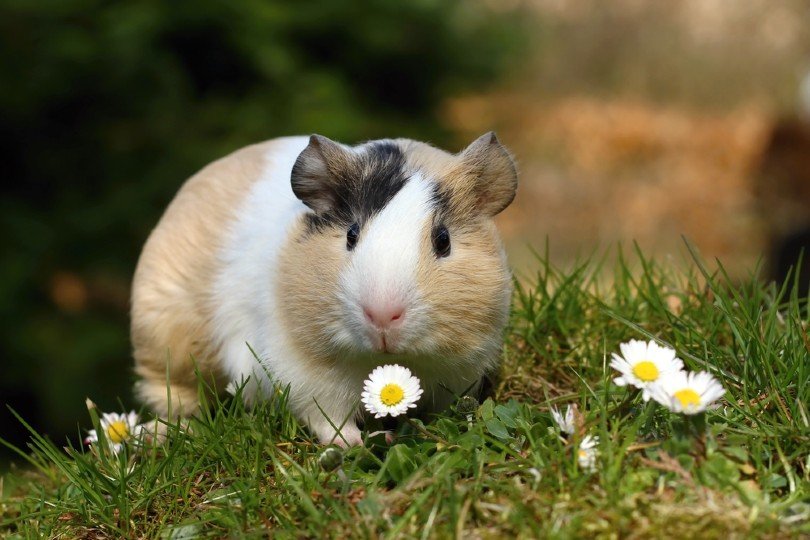Do Pet Guinea Pigs Hibernate? What Owners Should Be Aware Of
Updated on

If you’re considering getting a guinea pig as a pet, you may have many questions about living with and caring for them. You want to be prepared for everything, which is why you might want to know whether pet guinea pigs hibernate. No, pet guinea pigs don’t hibernate, but you may notice them slowing down if the temperature drops too far.
Keep reading to learn how guinea pigs handle cold temperatures and what you can do to keep your pet warm and comfortable in freezing weather.
Guinea Pigs to Cold Weather: Not a Fan
Wild guinea pigs are native to warm climates, so they’re not well-equipped to deal with cold weather. While animals that truly hibernate undergo multiple physical changes to get them through the cold months, pet guinea pigs do not.
However, if guinea pigs get too cold, they may become less active and sleep more. While this isn’t true hibernation, it is a way for the guinea pig to cope with cold weather. The guinea pig focuses available energy on staying warm rather than physical activity.
Truthfully, guinea pigs don’t tolerate hot weather well, either. They prefer warm temperatures between about 65–75 degrees Fahrenheit. While getting too cold can be dangerous, guinea pigs can overheat if it’s too hot.

Signs Your Guinea Pig is Too Cold
We already discussed the major warning signs that your guinea pig is cold: decreased activity and increased sleep.
- Decreased eating and drinking
- Shivering
- Paws, nose, and ears are cold to the touch
- Huddling close to other guinea pigs
Both indoor and outdoor guinea pigs can get too cold, depending on where their enclosure is located. Some of these warning signs, such as loss of appetite, can also indicate a medical problem with your guinea pig. You can visit your veterinarian to make sure nothing else is going on.
Keeping Your Guinea Pig Warm
If your guinea pig is housed outdoors and you live in a cold climate, consider bringing their hutch inside during chilly temperatures. Depending on how cold it gets, you could try wrapping the guinea pig enclosure in blankets if you’re able to maintain enough ventilation. Indoor or outdoor guinea pigs will benefit from extra bedding in cold temperatures.
Make sure the guinea pig enclosure is placed in an area of the house free from chilly drafts. For example, avoid locating it near windows or exterior doors. Also, be cautious about providing external heat sources, like heating pads, to keep your guinea pig warm. As we mentioned, they’re also vulnerable to overheating, which is always a concern with those products. Heaters, fires, candles, and similar products also produce fumes that can harm your pet over time.
Continue to provide your guinea pig with a balanced diet and keep them clean and well-groomed. Healthy, well-nourished guinea pigs are better equipped to stay warm. Keeping your guinea pig entertained and active with toys and enrichment objects is also important.

Conclusion
Pet guinea pigs don’t hibernate, and if you notice yours sleeping more when the temperature drops, it’s not normal. Look for signs that your pig is cold and take steps to keep them warm and comfortable. Guinea pigs don’t tolerate temperature extremes well, so be sure you don’t overdo it and make them too hot either. Consult your veterinarian if you have any concerns about your guinea pig’s behavior or health during cold weather.
Featured Image Credit: Shchus, Shutterstock









